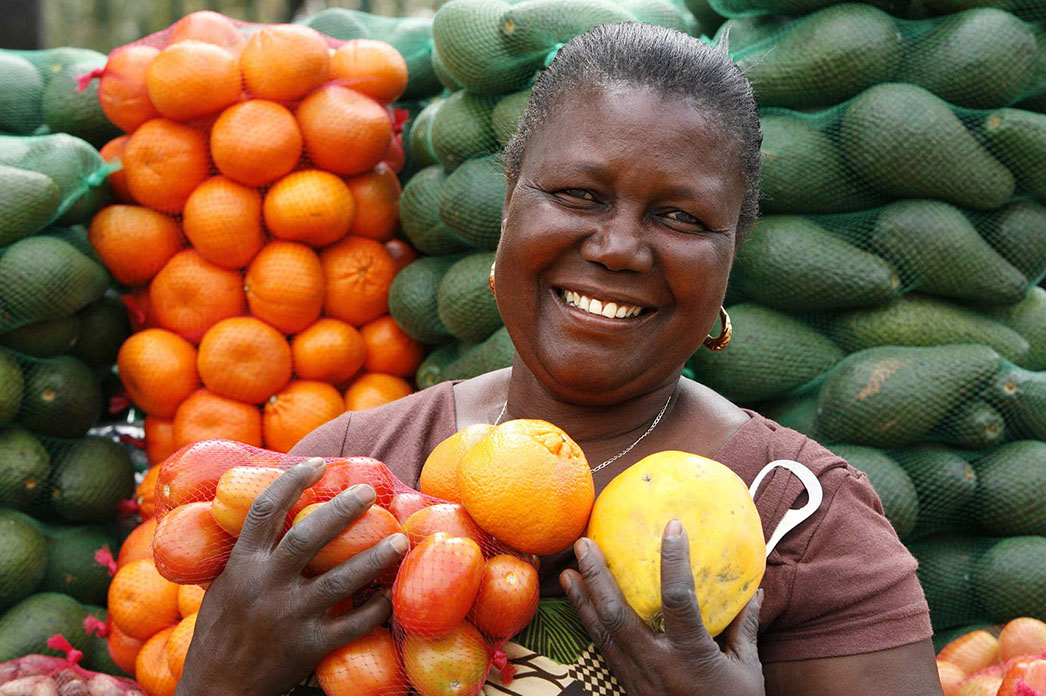A recent study published Online in January 29, 2020 in the journal Neurology says higher flavonol intake through food sources, mostly fruits and vegetables, may protect against the development of a brain disorder called Alzheimer disease that is marked by marked memory loss among other symptoms.

Previous studies have reported an association between high levels of flavonoid intake and lower risk for Alzheimer disease, but the effect of the flavonol subclass in humans is not known. The goal of this study was to explore the association between intake of flavonols with Alzheimer dementia.
Study methods
The study included participants who completed a comprehensive food frequency questionnaire during their annual evaluations. Of 1920 participants, the current analyses included 921 dementia-free subjects at baseline.
Of 921 participants (mean age 81.2 years, 75% women), 220 developed Alzheimer dementia (39.06 cases per 1000 person-years) during a mean follow-up of approximately 6 years.
Findings
The study found that higher flavonol intake through food sources have a protective role against the development of Alzheimer dementia, independently of many diet, lifestyle, and cardiovascular factors.
With adjustment made for age, sex, education, APOE ?4, late-life cognitive activity, and physical activity, participants in the highest vs lowest quintiles of total flavonol intake had a 48% lower rate of developing Alzheimer dementia, with kaempferol (among four significant flavonol constituents; i.e., isorhamnetin, kaempferol, quercetin and myricetin) showing independent association with the disease.
Conclusion
Study authors concluded: “Our findings suggest that dietary intake of flavonols may reduce the risk of developing Alzheimer dementia. Confirmation of these findings is warranted through other longitudinal epidemiologic studies and clinical trials.”
Reference:
Holland TM, Agarwal P, Wang Y, et al. Dietary flavonols and risk of Alzheimer dementia. Neurology. Published online, Jan. 29, 2020.
Published: March 1, 2020
DATELINEHEALTH AFRICA INC., is a digital publisher for informational and educational purposes and does not offer personal medical care and advice. If you have a medical problem needing routine or emergency attention, call your doctor or local emergency services immediately, or visit the nearest emergency room or the nearest hospital. You should consult your professional healthcare provider before starting any nutrition, diet, exercise, fitness, medical or wellness program mentioned or referenced in the DatelinehealthAfrica website. Click here for more disclaimer notice.